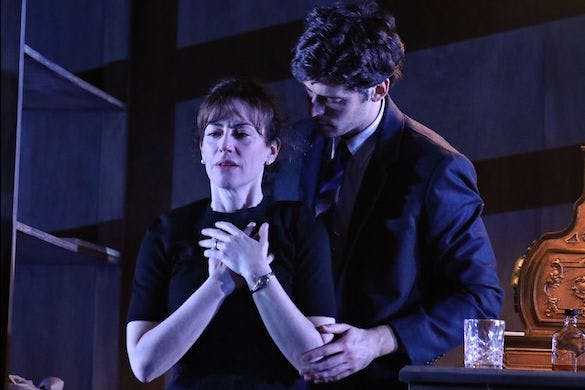
Air Travelers at Mercy of Homeland Security Department After Suspension of Two Security Screening Programs
By SHARON KEHNEMUI
|Stage and screen veteran Maggie Siff and Pico Alexander are supported by an excellent ensemble under Erica Schmidt’s unflinching direction in this new production at Brooklyn’s Theatre For a New Audience.

Already have a subscription? Sign in to continue reading

By SHARON KEHNEMUI
|
By NEWT GINGRICH
|
$0.01/day for 60 days
Cancel anytime
By continuing you agree to our Privacy Policy and Terms of Service.
By LENORE SKENAZY